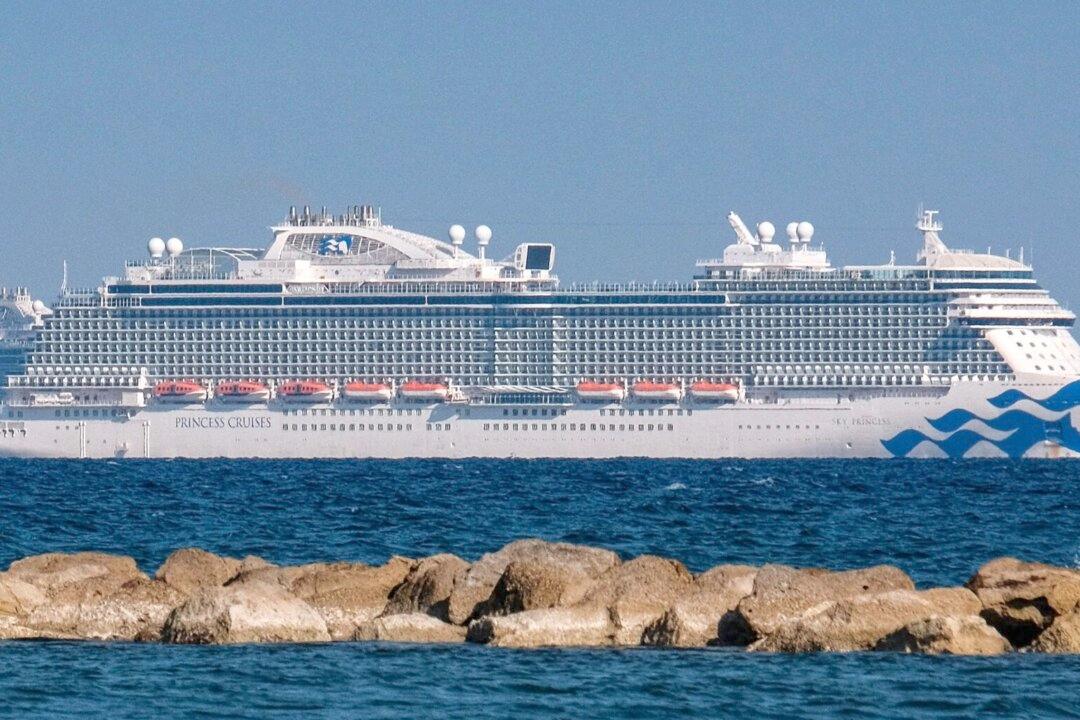The largest cruise line company in the world will start allowing unvaccinated guests to sail on one of their cruise ships and has updated its COVID-19 testing protocols for vaccinated passengers
Carnival Corp. announced in updated protocols on Friday that the new guidelines will make it easier for guests to sail with simplified COVID-19 vaccination and testing guidelines and will eliminate the exemption request process for unvaccinated guests, who will only need to show a negative test at embarkation.





